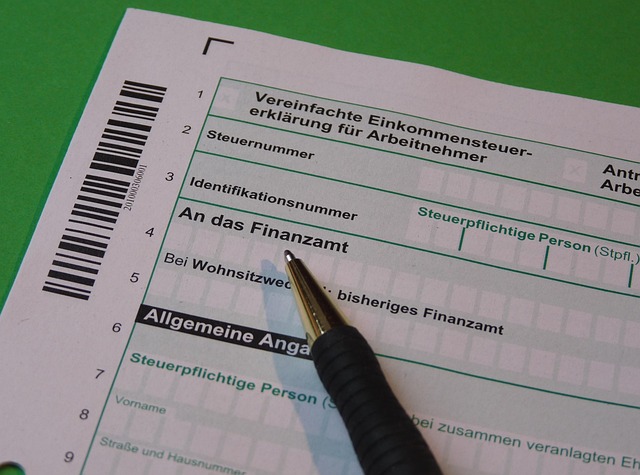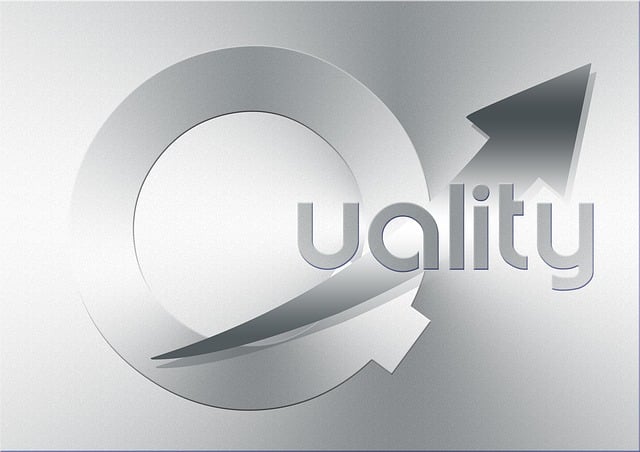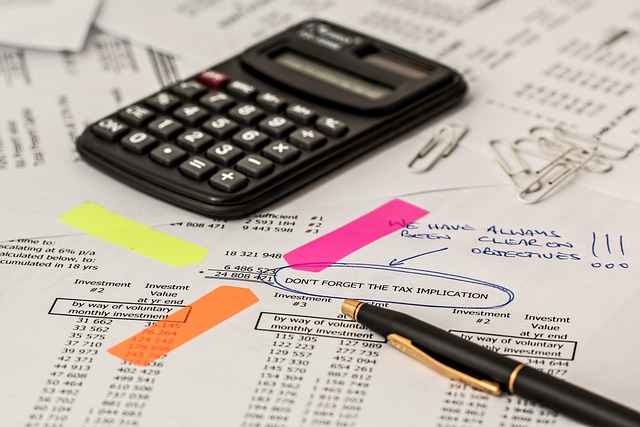Efficient real estate maintenance through regular inspections, structured plans, and modern tech like predictive analytics curbs expenses. Property taxes, location-specific and impacting investment profitability, should be thoroughly assessed by investors. Technology in real estate offers smart building systems, digital leasing, data analytics, and predictive maintenance to optimize operations, reduce costs, and enhance management efficiency.
In today’s competitive real estate market, understanding the impacts on overall ownership cost is crucial. This article delves into three key strategies to significantly reduce expenses in real estate. We explore efficient maintenance practices that minimize costs, delve into property tax implications, and uncover how leveraging technology can slash operating expenses. By implementing these strategies, investors and owners can maximize returns and navigate the market with enhanced efficiency.
Efficient Maintenance Strategies Key to Cost Savings

In the realm of real estate, efficient maintenance strategies are instrumental in significantly reducing overall ownership costs. Proactive approaches, such as regular inspections and scheduled upkeep, can prevent minor issues from escalating into major repairs, thus saving time and money in the long run. By implementing a comprehensive maintenance plan, property owners can ensure their assets remain in optimal condition, minimizing unexpected expenses that often arise from neglect or inadequate care.
Furthermore, leveraging modern technologies for predictive maintenance is transforming how real estate is managed. Smart sensors and data analytics enable property managers to monitor equipment performance, anticipate failures, and schedule repairs before they disrupt tenants or incur hefty costs. These innovative strategies not only enhance operational efficiency but also contribute to a more sustainable and cost-effective real estate portfolio.
Property Tax Implications on Overall Ownership

Property taxes are a significant component of the overall ownership cost for real estate investors and homeowners alike. These taxes, levied by local governments, are based on the assessed value of a property and can vary widely depending on the location and type of property. In some areas, high property tax rates can significantly impact the financial health of real estate investments.
Understanding these implications is crucial for anyone involved in the real estate market. Property tax assessments often involve complex calculations that consider factors like the property’s size, age, location, and market value. Changes in these factors over time can lead to fluctuations in property taxes, affecting both rental income and the overall return on investment. Therefore, investors should carefully consider the local tax environment before purchasing a property to ensure it aligns with their financial goals and risk tolerance.
Leveraging Technology for Reduced Operating Expenses

In today’s digital era, technology plays a pivotal role in transforming real estate ownership costs. Property managers and owners are leveraging innovative solutions to streamline operations, enhance efficiency, and ultimately reduce overhead expenses. Smart building systems, for instance, automate lighting, temperature control, and security measures, minimizing energy consumption and operational costs. Digital leasing platforms simplify the tenant application process, automating paperwork and reducing administrative burdens.
Furthermore, data analytics offers valuable insights into tenant behavior and market trends, enabling proactive cost management. Predictive maintenance tools identify equipment failures before they occur, preventing costly emergency repairs. By embracing these technological advancements, real estate professionals can optimize their operations, pass on savings to tenants, and significantly impact overall ownership costs.






